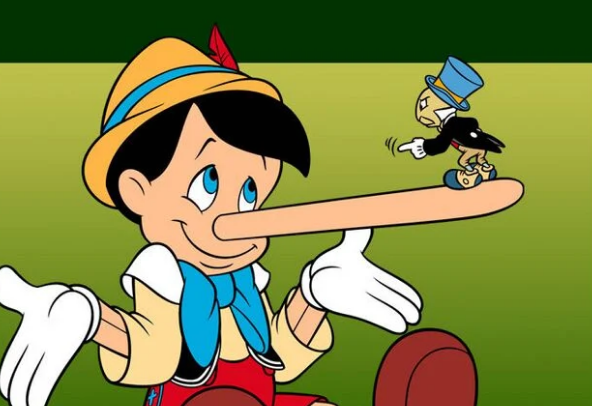
What Happens When Science Is Too Honest?
Let’s start with something strange but true: being too honest about science might actually make people trust it less.
Wait—what?
That’s the mind-bending finding behind a new philosophical and empirical deep dive into the “transparency paradox.” It turns out that while we often demand transparency from scientists and government officials, the very act of pulling back the curtain can actually erode the public’s trust—especially if what’s revealed isn’t all sunshine and Nobel Prizes.
In other words, honesty might not always be the best policy… at least, not if you want to keep people believing in your work.
The Paradox at the Heart of Public Trust
We live in a time when trust in science is shaky. Whether it’s vaccines, climate change, or nutrition advice, people want to believe in experts—but they’re also quick to doubt them. So, the common wisdom goes: “Just be transparent! Show the data! Be honest!”
Sounds simple. Except when scientists do disclose their dirty laundry—such as funding from pharmaceutical companies or disagreements behind the scenes—the public often loses confidence. Not because the science is wrong, but because they thought it was perfect.
Here’s the kicker: studies show that transparency about good news builds trust. But transparency about bad news? That often does the opposite. This is the transparency paradox: the very thing that’s supposed to make science seem more trustworthy sometimes makes it look worse.
A Tale of Two Scientists
Let’s say you visit two doctors.
Dr. Martinez says, “Everything’s fine. I have no conflicts of interest, no industry ties, and all my studies show wonderful results.”
Dr. Weist says, “So that you know, I’ve received consulting fees from a drug company. Also, the latest study had some mixed results, and there’s still some uncertainty.”
Who seems more honest? Probably Dr. Martinez.
Who do most people trust more? Dr. Weist.
This is the paradox in action. Transparency signals integrity, but only when it tells us what we want to hear.
From Sausages to Science
Think of science like a sausage factory. You love the product—it’s tasty, reliable, and keeps your world running smoothly. But if someone invites you in to see how it’s made—raw data, failed studies, disagreements, funding conflicts—you might lose your appetite.
This happened in real life during the infamous Climategate scandal in 2009, when hacked emails from climate scientists revealed some messy behind-the-scenes debates: no fraud, no scandal, just normal science. But the public, who believed science was pristine, saw “sausage guts” and freaked out. Trust took a hit—even though the science was solid.
Why We Overidealize Science
Part of the problem is that we grow up thinking of scientists as wise, unbiased truth machines. Blame movies, textbooks, or just wishful thinking—but this “storybook scientist” doesn’t exist.
Real scientists make mistakes. They disagree. They get grumpy, chase grants, and sometimes even fudge things (though most don’t).
The public doesn’t always see that, so when reality peeks through the lab coat, it feels like betrayal.
So… Should Scientists Lie?
Here’s the wild twist: the study suggests that if transparency only helps when the news is good, maybe the best way to keep public trust is to only share good news. Or… just lie.
Let that sink in.
It’s not a serious proposal, more like a thought experiment. But it shows how broken our science communication is if honesty seems like a liability. Because the real issue isn’t that science is messy—it’s that people think it shouldn’t be.
The Real Solution: Rethink What Trust Looks Like
Rather than telling scientists to filter the truth, the real fix is to help the public understand how science actually works.
That means:
- Accepting that uncertainty isn’t weakness—it’s part of the process.
- Realizing that a conflict of interest doesn’t mean corruption—it just means “note this before drawing conclusions.”
- Teaching that science is powerful because it’s self-correcting, not in spite of it.
The more we understand the humanity of science, the easier it is to trust it—even when things aren’t perfect.
Let’s Explore Together
Transparency isn’t the enemy. But blind faith in perfect science might be. If we want a world where truth matters, we have to be ready to handle it—even when it’s messy.
So now it’s your turn:
- How do you see this research affecting your trust in science?
- Would you rather know the whole messy truth—or just the good parts?
- What’s the coolest science fact you’ve learned recently that totally changed your perspective?
Share your thoughts below or tag us on social media. Let’s keep this conversation transparent—and trust-filled.



